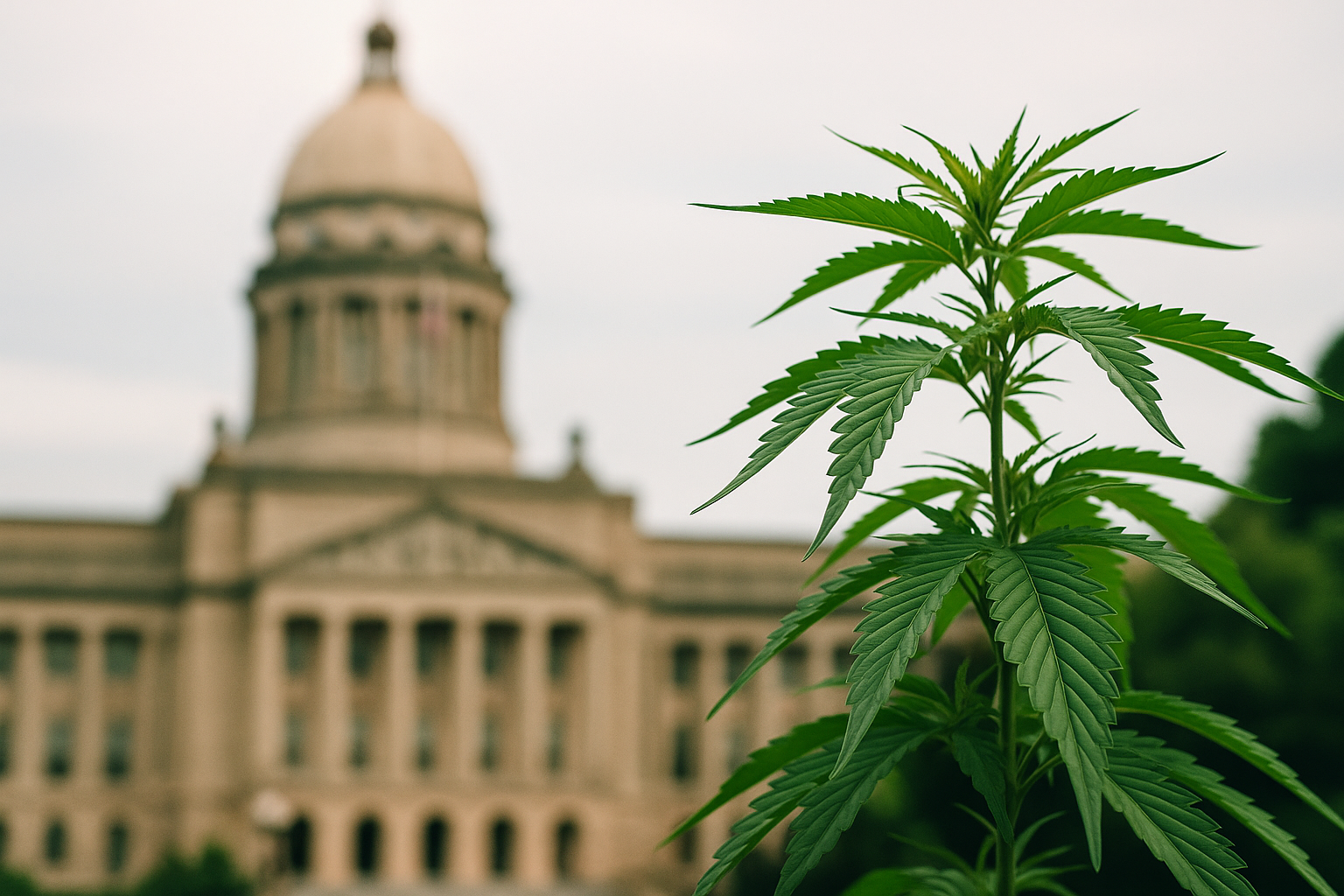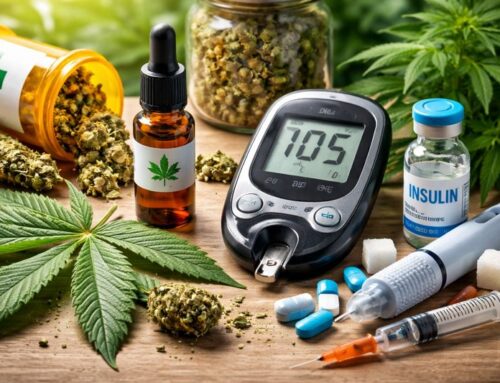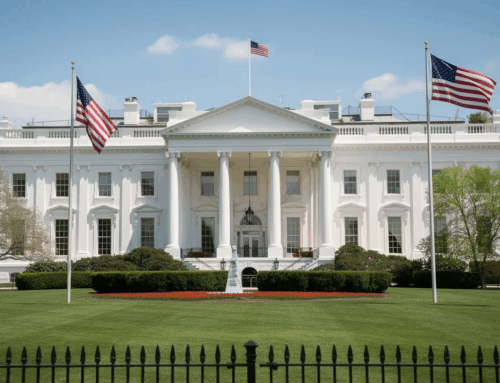As medical cannabis patient becomes more widely accepted, many patients who use it face challenges surrounding employment and travel. Despite the growing acceptance in society, cannabis is a highly illegal drug and prescribed medical marijuana may not protect employees against workplace drug testing, could be subject to termination pressure or travel restrictions. Even in states that have legalized medicinal cannabis, the tangle of state cannabis laws and federal law can have terrible consequences for patients. That’s what this article unpacks, so patients are aware of their (lack of) rights when it comes to work and travel.
The Legal Landscape: Federal Law vs. State Law
The Federal and State Divide :- The State vs. Federal Law The most common issue medical cannabis patient have is the conflict between federal and state laws. Several states have enacted laws permitting the medical use of marijuana; however, the Controlled Substances Act (CSA) continues to classify marijuana as a Schedule I controlled substance. This categorization puts cannabis in the category of a federally outlawed substance, no matter that it might be allowed for medicinal use by state law. As such, cannabis’s legal status for patients is always in limbo, depending on where one lives and travels.
Medical Cannabis and Prescription Context :- Having a medical marijuana prescription, however, does not provide total immunity to the potential negative consequences of drug testing, employment action and travel restrictions for patients who use cannabis as a treatment option for such issues as chronic pain, anxiety or sleep disturbance. They have to work all the way out of federal strictures, even if marijuana is already legal in their states.
Employment: Cannabis Use and Workplace Challenges
Drug Testing Policies and Implications :- The leading fear for patients taking medical cannabis: getting fired at work because of a drug screen. And many employers, no matter the state laws, have zero-tolerance policies for cannabis consumption. If an employee tests positive for THC (the active ingredient in marijuana), the result can put an individual’s job at risk, regardless of whether they use marijuana only in accordance with their doctor’s orders. Safety-sensitive industries such as transportation or healthcare must be very concerned about employee impairment under federal law, which makes it all the more complicated.
State Protections vs. Employer Rights :- Some states offer limited protection against discrimination for medical marijuana patients. You generally cannot be fired just for being a registered patient, unless you use marijuana at work. In states without protections, employers can fire you for a positive THC test, even with a doctor’s prescription.
Navigating Employment Risks :- Employees who are using medical marijuana must be aware of how their company tests for drugs and records impairment, since jobs can still be lost in states where it is legal. It is important to be aware of state laws and communicate any concerns with employers or HR. Records of the type, quantity, and timing can be used to show that marijuana consumption will not interfere with job performance.
Travel: The Challenges of Travelling with Medical Cannabis
TSA and Airport Security: Federal Jurisdiction :- Taking medical marijuana on the road can be fraught in large part because air travel is a federal matter. The TSA enforces federal law, so even in states where weed is legal, patients could get into big trouble if they try to bring their medical marijuana on a plane. The TSA does not actively search for cannabis, but if it is found while screening, it will be detected and reported to law enforcement. Even though cannabis is legal in numerous states, being caught with pot on a plane can still mean confiscation and potential prosecution.
Interstate Travel and Legalization of Recreational Cannabis :- There are road-travel obstacles, too. While several states have now legalized marijuana for recreational use, cannabis continues to be prohibited by federal law when transported across state borders. Even if patients are travelling to and from states that have both legalized the medical use of cannabis, they can still be at risk of legal repercussions for crossing state borders with marijuana in tow. This is still a big concern for medical marijuana patients who want to be able to travel throughout the country.
Travelling Across State Lines: A Potential Legal Minefield :- Such patients must also know that the medical use of cannabis is illegal in many countries, even though they may have used it while travelling from one U.S. state to another(6). Add to this that all of the local laws are different. Even in states that have enacted laws allowing recreational use of cannabis, it could be a risky decision for those whose intercept leads to action taken by federal authorities, which could potentially include getting caught at the airport or travelling between states.
Key Legal Considerations for Medical Cannabis Patients
What About Dosage, Strains, and THC Levels :- The THC content in cannabis products makes the legality of medical cannabis use confusing. With the 2018 Farm Bill, now known as the law, anything with less than 0.3% THC qualifies as legal hemp. You can move hemp products of this low THC concentration across states. But the medical marijuana with higher THC content is not offered the same legal protections. This ambiguity presents problems for patients who travel and who may be concerned about what their rights are to medical cannabis.
Employment Protections for Medical Cannabis Patient :- A small number of states have protections for patients who are recommended medical cannabis under state law, but protection is not universal. Patients may be at legal risk if their employer maintains a strict drug-free workplace policy and if the patient’s profession is one regulated by federal law. For one, being a medical marijuana patient under the law does not always mean the employee is protected from termination upon testing positive for drugs. Knowledge of state and federal laws that govern their particular practice is vital for the patient to know.
How to Navigate Travel Restrictions
- Ensure you check weed laws in both your departure and arrival states before travelling so that issues don’t arise.
- If you can do so, buy Maryjane at your destination rather than trying to bring it along with you on the trip. This is the best way to avoid a federal law violation.
- When you’re flying, keep in mind that under TSA guidelines, only hemp-derived products containing no more than 0.3% THC are permitted. As always, make sure that any marijuana you bring across borders stays within those legally defined limits.
- “If you have to travel with cannabis, always carry all your documents regarding the medical marijuana card and prescription; however, this will not preclude federal regulation.”
Conclusion
The legal side of medical cannabis law, when it comes to use and how employment can change things, or travel, for that matter, is really complex and throws a lot of uncertainty. Even as cannabis has increasingly become an accepted option for medicinal use, patients are at risk of exposure to legal dangers arising from the continuing discrepancy between state laws making certain uses of cannabis lawful and federal law. Whether it’s job drug testing, fear of being fired after a positive test result, or other concerns while you are travelling with your cannabis medicine, some preparation and education are necessary for medical marijuana patients. With a more informed dose of the law, patients can help to protect their own rights and ensure that they’re not setting up any unwarranted legal or professional roadblocks when it comes to using cannabis as medication.





